Back to Courses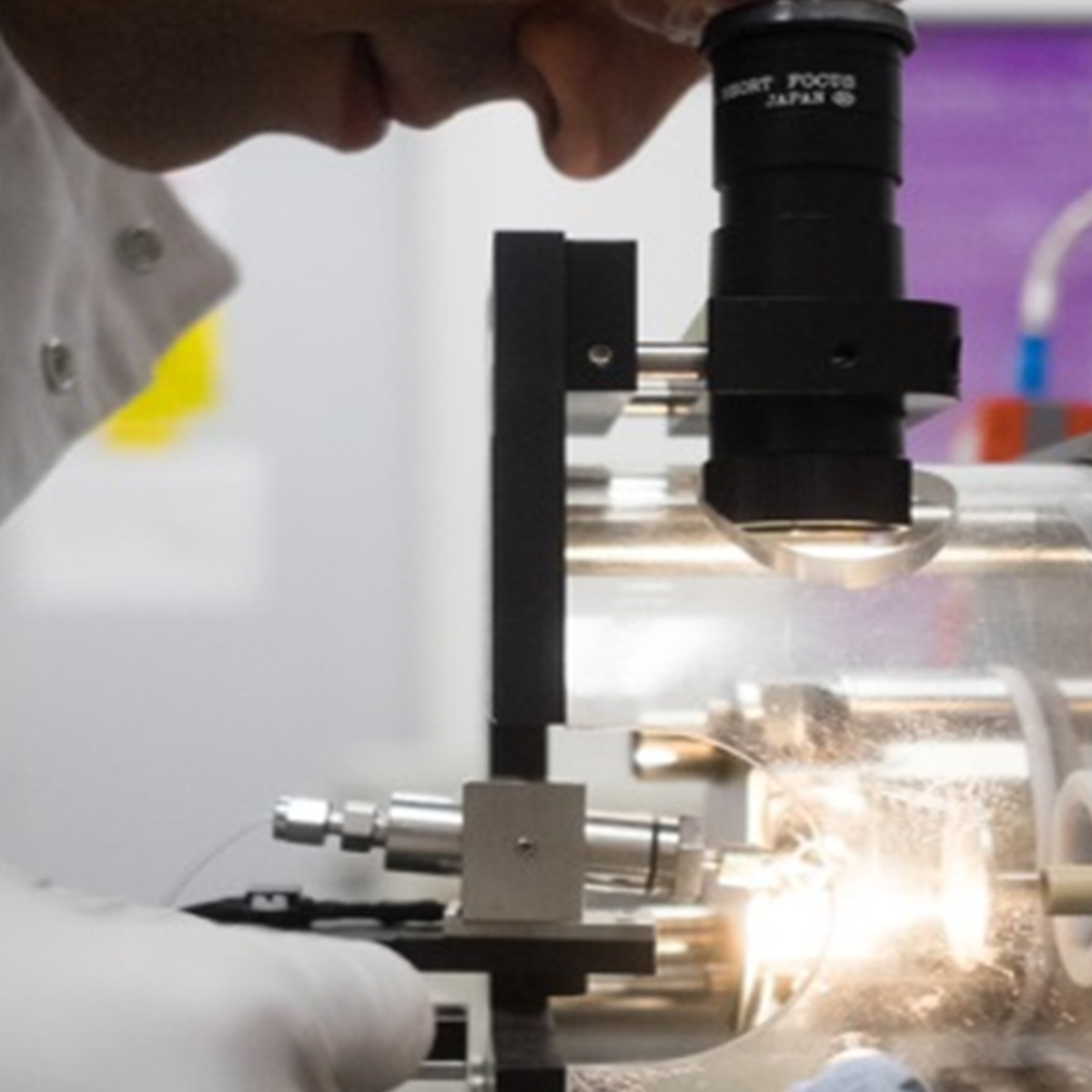

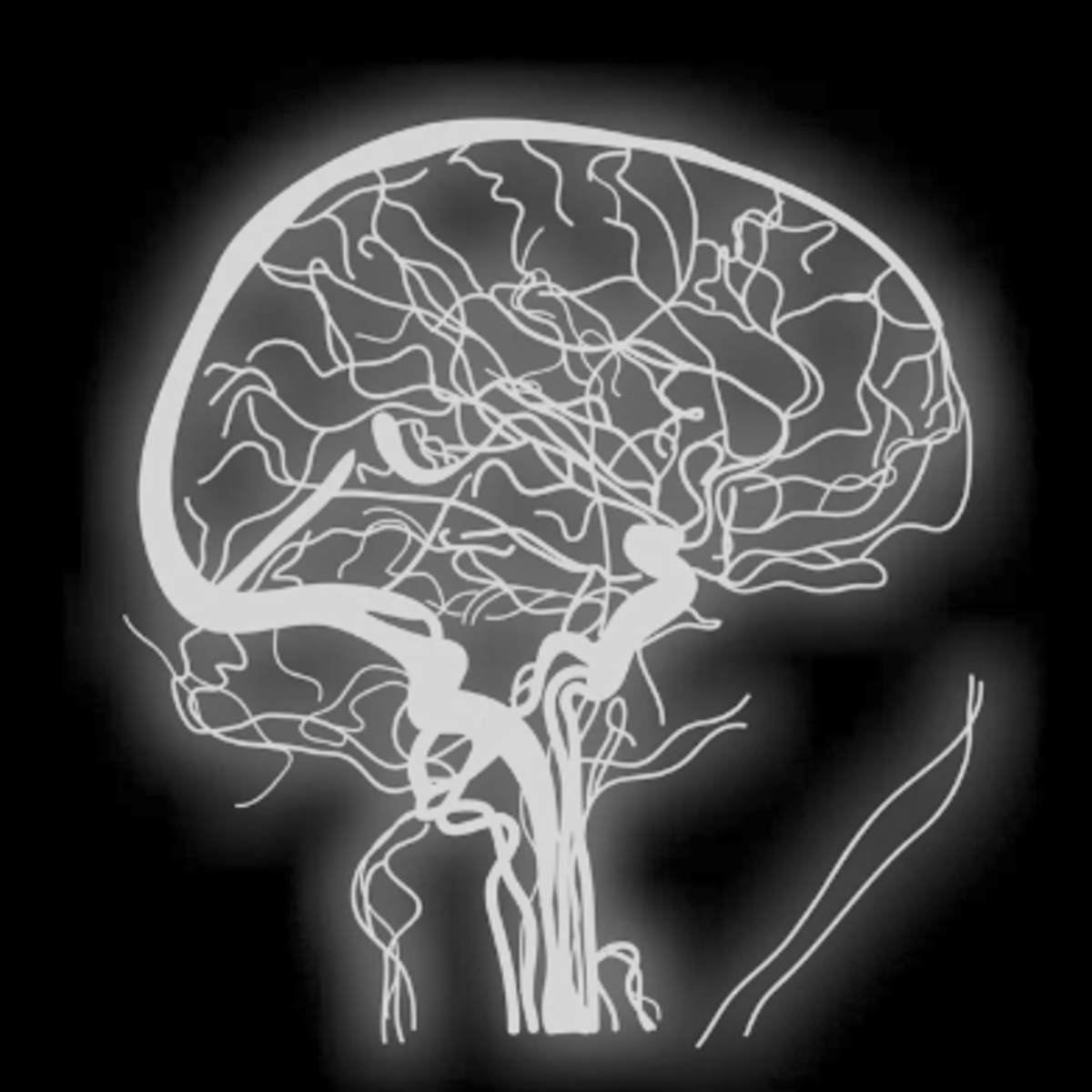

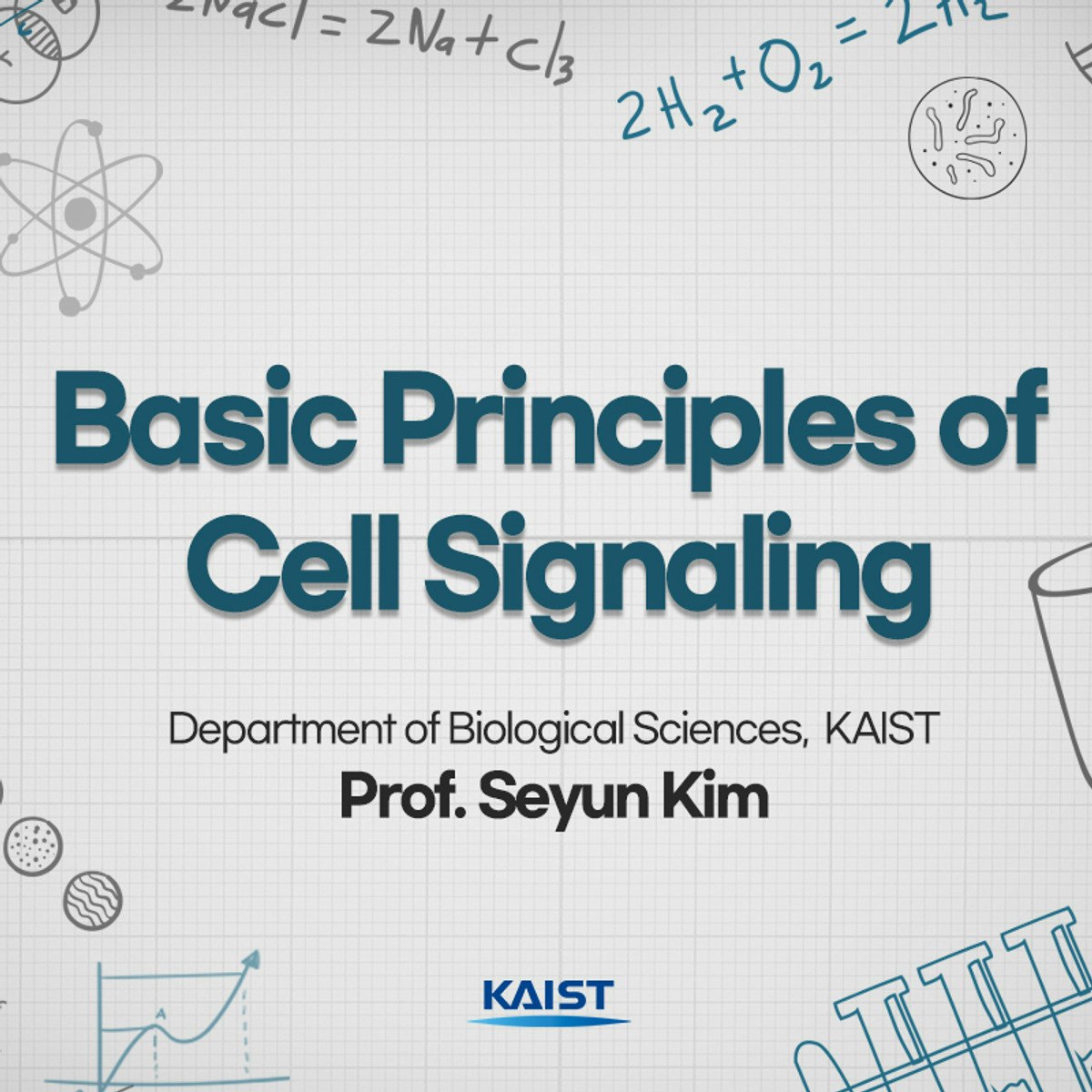
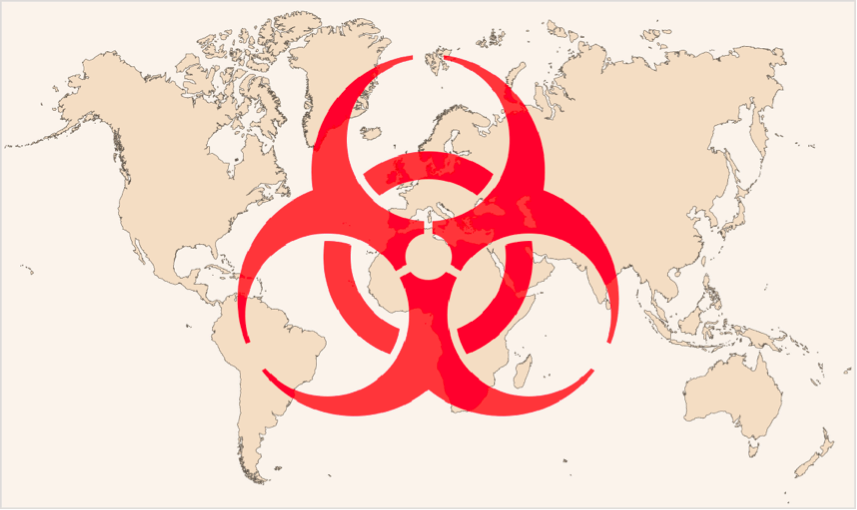
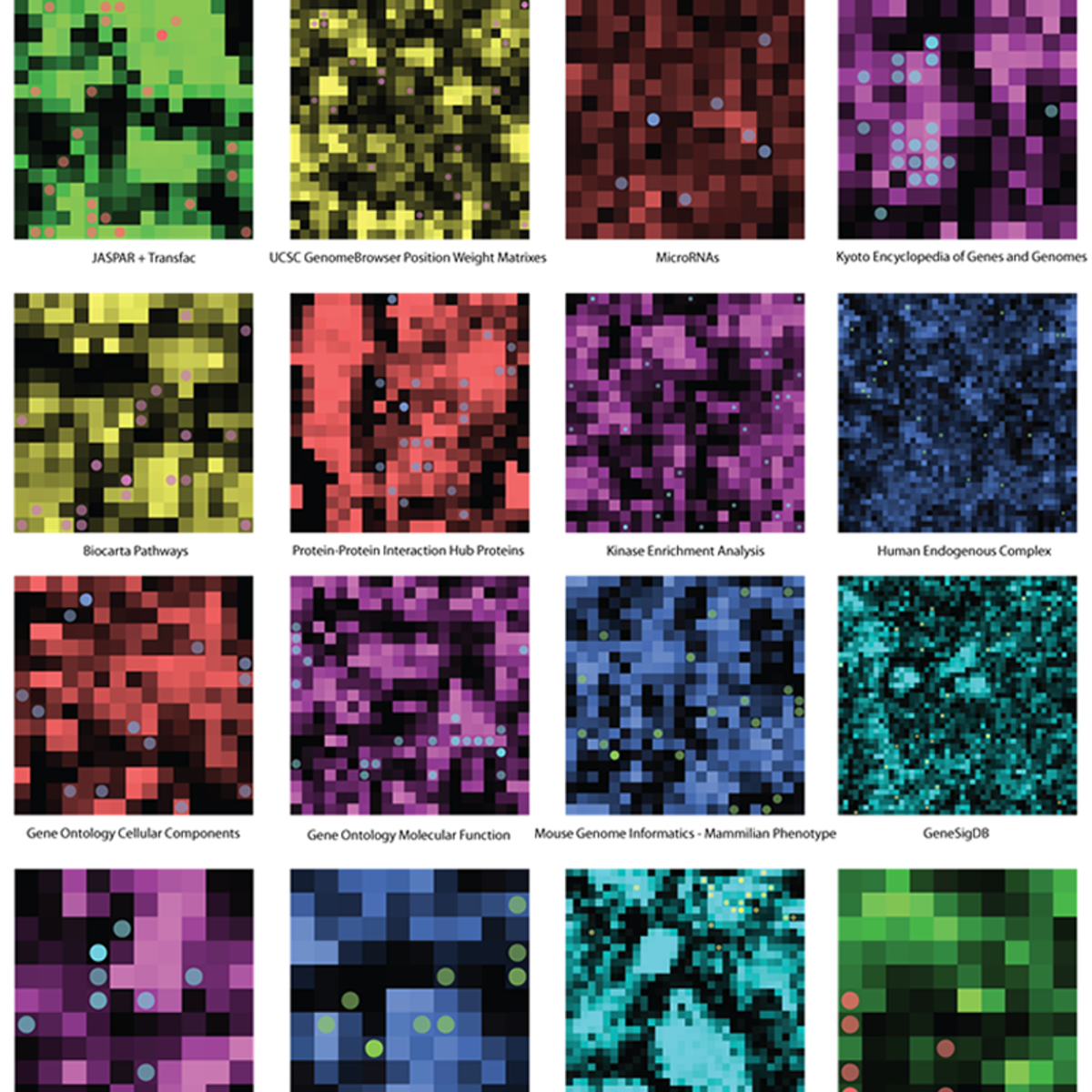
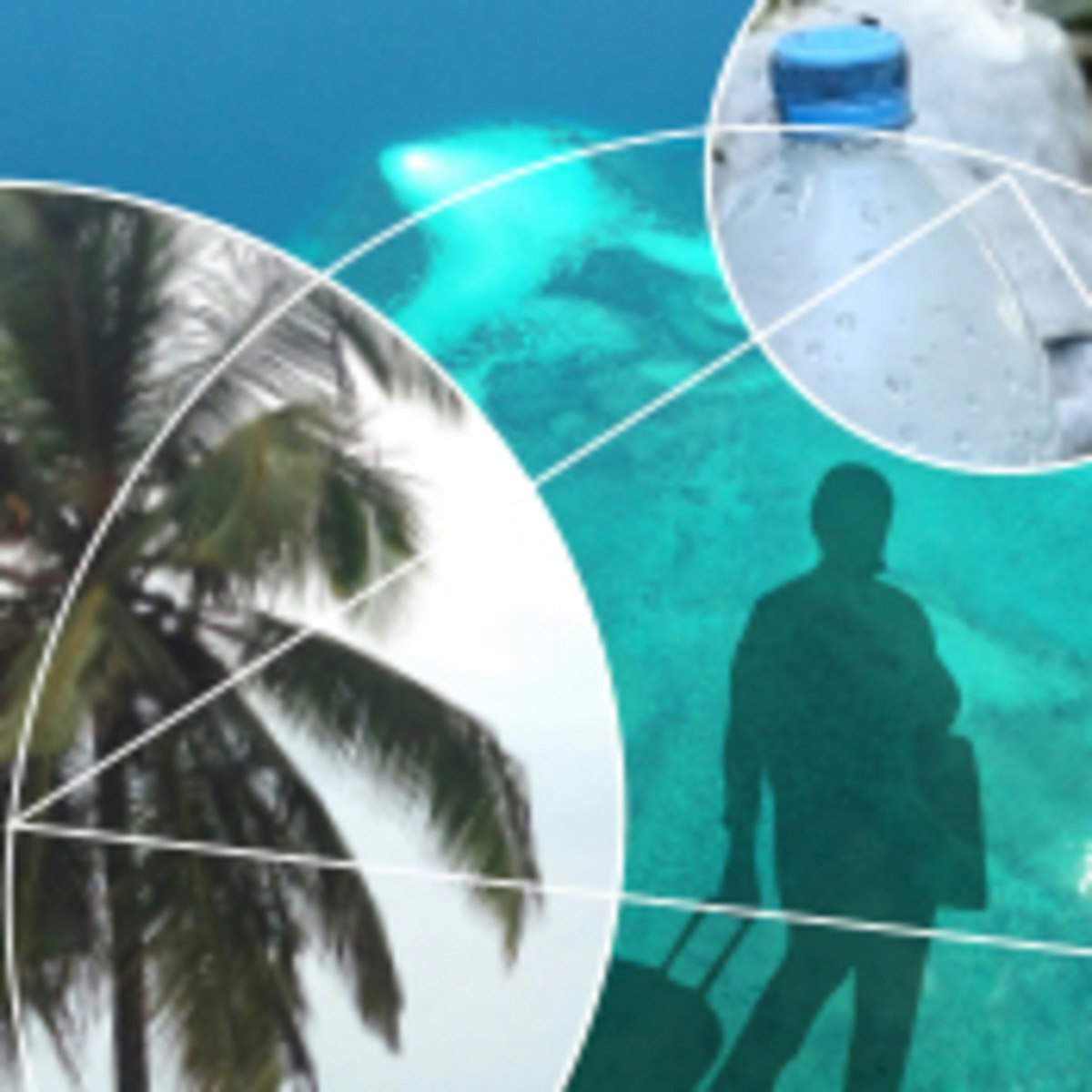
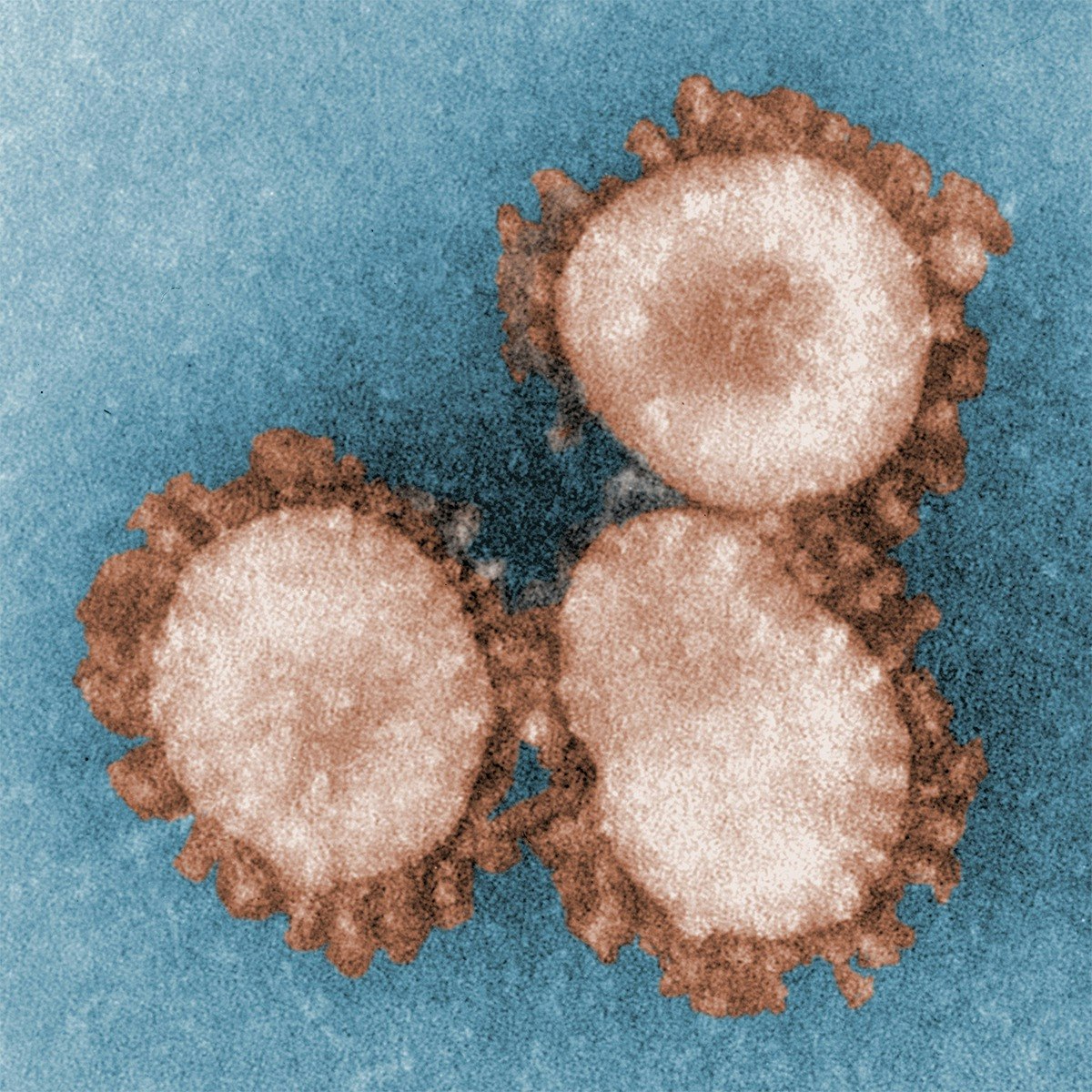
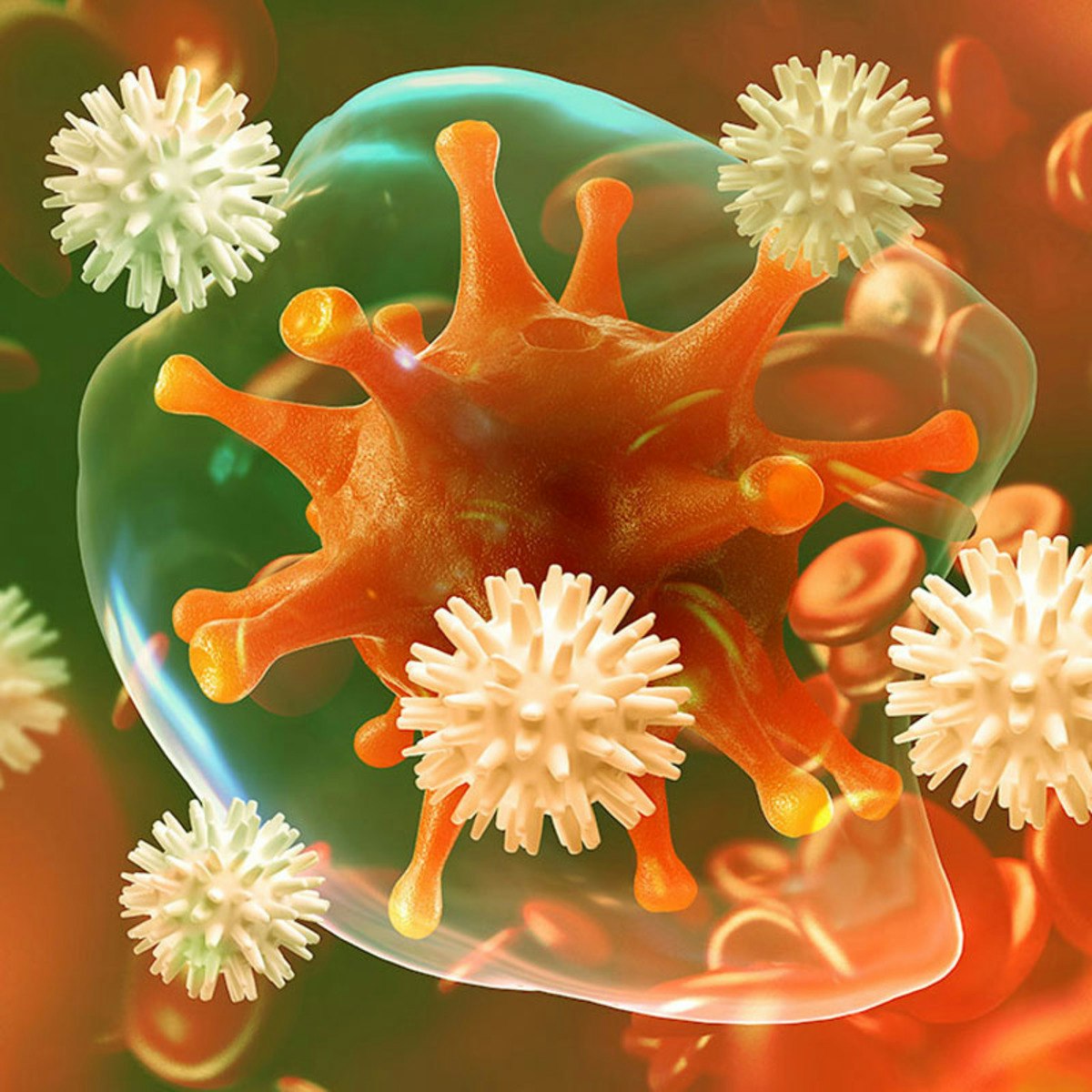
Basic Science Courses - Page 10
Showing results 91-100 of 128

Industrial Biotechnology
Fossil fuels have been the primary energy source for society since the Industrial Revolution. They provide the raw material for the manufacture of many everyday products that we take for granted, including pharmaceuticals, food and drink, materials, plastics and personal care.
As the 21st century progresses we need solutions for the manufacture of chemicals that are smarter, more predictable and more sustainable.
Industrial biotechnology is changing how we manufacture chemicals and materials, as well as providing us with a source of renewable energy. It is at the core of sustainable manufacturing processes and an attractive alternative to traditional manufacturing technologies to commercially advance and transform priority industrial sectors yielding more and more viable solutions for our environment in the form of new chemicals, new materials and bioenergy.
This course will cover the key enabling technologies that underpin biotechnology research including enzyme discovery and engineering, systems and synthetic biology and biochemical and process engineering. Much of this material will be delivered through lectures to ensure that you have a solid foundation in these key areas. We will also consider the wider issues involved in sustainable manufacturing including responsible research innovation and bioethics.
In the second part of the course we will look at how these technologies translate into real world applications which benefit society and impact our everyday lives. This will include input from our industry stakeholders and collaborators working in the pharmaceutical, chemicals and biofuels industries.
By the end of this course you will be able to:
1. Understand enzymatic function and catalysis.
2. Explain the technologies and methodologies underpinning systems and synthetic biology.
3. Explain the diversity of synthetic biology application and discuss the different ethical and regulatory/governance challenges involved in this research.
4. Understand the principles and role of bioprocessing and biochemical engineering in industrial biotechnology.
5. Have an informed discussion of the key enabling technologies underpinning research in industrial biotechnology
6. Give examples of industrial biotechnology products and processes and their application in healthcare, agriculture, fine chemicals, energy and the environment.

Medical Terminology III
This final course finishes the comprehensive examination of medical terminology by introducing new roots, terms, and abbreviations related to the remaining body systems: nervous (brain, spinal cord, and nerves) and special senses (eyes and ears), digestive, and reproductive.

Fundamental Neuroscience for Neuroimaging
Neuroimaging methods are used with increasing frequency in clinical practice and basic research. Designed for students and professionals, this course will introduce the basic principles of neuroimaging methods as applied to human subjects research and introduce the neuroscience concepts and terminology necessary for a basic understanding of neuroimaging applications. Topics include the history of neuroimaging, an introduction to neuroimaging physics and image formation, as well as an overview of different neuroimaging applications, including functional MRI, diffusion tensor imaging, magnetic resonance spectroscopy, perfusion imaging, and positron emission tomography imaging. Each will be reviewed in the context of their specific methods, source of signal, goals, and limitations. The course will also introduce basic neuroscience concepts necessary to understand the implementation of neuroimaging methods, including structural and functional human neuroanatomy, cognitive domains, and experimental design.

Specialty Topics: Biology Across Disciplines
In this course, we will explore the applicability and relationship of biology to the arts, business, and psychology. First, we’ll discuss art as a foundational practice to biology and how biology as a science can explain how we interact with the arts, in particular, our experiences making and listening to music. Next, we will discuss the business of biology and how research is funded and the process of clinical trials and human subjects research. Then we will examine two topics at the interface of psychology and biology: (1) human development from conception to adulthood, and (2) how cognition influences how we make decisions about biological issues and best practices for evaluating biological evidence in light of what we know about how we use evidence to make decisions. We will close with a discussion of education and why evidence-based education is important for promoting overall science literacy.

Basic Principles of Cell Signaling
The coordination of life in multicellular organisms is precisely controlled by cells via various internal and external signals. Cells depend on different types of signals to regulate their growth, division, metabolism as well as death. Signals are growth factors or hormones produced and secreted by other cells. Some signals such as nutrients are in the form of molecules from the environment. Signaling molecules are sensed by direct binding to specific receptor molecules. Depending on the biochemical properties and ways of molecules changes, we can group various signaling events in defined pathways. Throughout specific signal transduction pathways, a signal can modulate cellular activities and gene expression, thereby leading to changes in cell growth, metabolism, differentiation, or many other cellular functions. When genetic mutations or biochemical changes occur in key proteins of certain cellular signaling pathways, cellular homeostasis can be disrupted, thus triggering tissue malfunctions, itiation or spread of cancer, or developmental anomalies. Dissecting biochemical principles of these cell signaling pathways is essential for us to better understand mechanisms of both normal cells and pathological conditions, therefore our knowledge on signal transduction will provide valuable information to develop effective therapeutic agents to fight against diseases..
This 6 week-course will give you a solid introduction to the basic fundamentals of cell signaling. I will first define the concept of cell signaling and introduces major types of cellular signaling events. Throughout 6 weeks, we will study biochemical basis of electrical signaling, chemical signaling as well as gap junction-mediated signaling pathways. We will also learn about key principles underlying signal transduction pathways by studying significance of protein-protein interactions and signaling second messengers. In the end of each week, dysregulated cell signaling in pathological conditions such as cancer and diabetes will be presented and discussed. Everyone knows that cell signaling is essential for sustaining life. How can you explain insulin actions in lowering glucose in biochemical details? What can be the fundamental mode of oxygen sensing in our body? Have you ever thought about ways of how we can specifically remove or kill certain types of rapidly-growing cancer cells? Cell signaling accompanies various biochemical strategies to sense and transmit signals inside our cells. Without fine control of those signaling processes, cells, tissues, and organisms cannot maintain life.

Epidemics - the Dynamics of Infectious Diseases
Not so long ago, it was almost guaranteed that you would die of an infectious disease. In fact, had you been born just 150 years ago, your chances of dying of an infectious disease before you've reached the tender age of 5 would have been extremely high.
Since then, science has come a long way in understanding infectious diseases - what they are, how they spread, and how they can be prevented. But diseases like HIV/AIDS, Malaria, Tuberculosis, or the flu are still major killers worldwide, and novel emerging diseases are a constant threat to public health. In addition, the bugs are evolving. Antibiotics, our most potent weapon against bacterial infections, are losing their power because the bacteria are becoming resistant. In this course, we'll explore the major themes of infectious diseases dynamics.
After we’ve covered the basics, we'll be looking at the dynamics of the flu, and why we're worried about flu pandemics. We'll be looking at the dynamics of childhood diseases such as measles and whooping cough, which were once considered almost eradicated, but are now making a comeback. We'll explore Malaria, and use it as a case study of the evolution of drug resistance. We'll even be looking at social networks - how diseases can spread from you to your friends to your friends' friends, and so on. And of course we’ll be talking about vaccination too. We’ll also be talking about how mobile phones, social media and crowdsourcing are revolutionizing disease surveillance, giving rise to a new field of digital epidemiology. And yes, we will be talking about Zombies - not human zombies, but zombie ants whose brains are hijacked by an infectious fungus.
We're looking forward to having you join us for an exciting course!

Big Data Science with the BD2K-LINCS Data Coordination and Integration Center
The Library of Integrative Network-based Cellular Signatures (LINCS) is an NIH Common Fund program. The idea is to perturb different types of human cells with many different types of perturbations such as: drugs and other small molecules; genetic manipulations such as knockdown or overexpression of single genes; manipulation of the extracellular microenvironment conditions, for example, growing cells on different surfaces, and more. These perturbations are applied to various types of human cells including induced pluripotent stem cells from patients, differentiated into various lineages such as neurons or cardiomyocytes. Then, to better understand the molecular networks that are affected by these perturbations, changes in level of many different variables are measured including: mRNAs, proteins, and metabolites, as well as cellular phenotypic changes such as changes in cell morphology. The BD2K-LINCS Data Coordination and Integration Center (DCIC) is commissioned to organize, analyze, visualize and integrate this data with other publicly available relevant resources. In this course we briefly introduce the DCIC and the various Centers that collect data for LINCS. We then cover metadata and how metadata is linked to ontologies. We then present data processing and normalization methods to clean and harmonize LINCS data. This follow discussions about how data is served as RESTful APIs. Most importantly, the course covers computational methods including: data clustering, gene-set enrichment analysis, interactive data visualization, and supervised learning. Finally, we introduce crowdsourcing/citizen-science projects where students can work together in teams to extract expression signatures from public databases and then query such collections of signatures against LINCS data for predicting small molecules as potential therapeutics.

Sustainable Tourism – promoting environmental public health
The MOOC introduces learners to key environmental health and natural resources management challenges associated with the rapid growth in international tourist arrivals into low-income countries. Since infrastructural and regulatory capacities in such countries are often limited they are more exposed to the negative implications of such development. The MOOC will present experiences and potential avenues to develop a more sustainable form of tourism.
The Course particularly focuses on the problems and potentials of tourism development in small island states in tropical and sub-tropical settings and highlights the challenges of such development on vulnerable ecosystems. It also highlights how tourism development in Zanzibar results in increased pressure on its marine environment, solid waste management, water resources and control of mosquitoes. These factors will be used as tracers of impacts and areas for future improvement towards a more sustainable form of tourism. Zanzibar will be in focus during this course and used as a case in order to exemplify how a massive increase of Tourism in a low income and resource poor setting, can increase the vulnerability of the local population.
The Course topics also relate to a number of targets under the global Sustainable Development Goals, especially:
Goals 3: “good health and well-being”
Goals 6: “clean water and sanitation”
Goals 14: “life below water”
Goals 17: “partnerships”.
Thus, the Course is a continuation of the efforts and discussions raised as part of the 2017 international year of sustainable tourism.
A diversity of perspectives and areas of expertise will be presented by researchers from the University of Copenhagen, State University of Zanzibar, representatives from the hotel sector and international experts in specific areas of sustainable tourism.

Virology and Epidemiology in the Time of COVID-19
This course covers the science and social impacts of viral infectious diseases. We will begin by covering the basics: what a virus is, the structural and functional diversity of viruses, and how viruses use our bodies and the bodies of other organisms to replicate. Then we will dive into the human response: how our immune systems work to protect us from pathogenic viruses and how we use science and social systems to fend off viruses through vaccines and public health measures. We will look closely at the COVID-19 pandemic, examining the emergence of the SARS-CoV-2 virus, the development of the vaccines, and how social and economic disparities influenced risk during the pandemic. Throughout the course, we will hear from experts in the fields of molecular biology, epidemiology, environmental biology, medicine, and public health to learn how technology and engineering solutions are helping scientists understand, track, and model viruses and disease outbreaks.

Fundamentals of Immunology: T Cells and Signaling
Course 2 of a three course specialization called Fundamentals of Immunology. Each course in the specialization presents material that builds on the previous course's material.
This is the second half of the journey through the defenses your body uses to keep you healthy. In the first part we learned about innate immunity and B cell function. The second part covers T cell function and coordination of the immune response.
Fundamentals of Immunology: T cells and Signaling builds on the first course to describe the functions of Complement, MHC presentation to T cells, T cell development and signaling. The early lectures survey cells, tissues and organs using metaphors, cartoons and models to improve understanding and retention. This course includes the structure of both MHC proteins and T cell receptors and the sources of variation. The course provides animations of gene rearrangement, developmental processes and signal cascades. Testing employs multiple choice questions testing facts, concepts, and application of principles. Questions may refer to diagrams, drawing and photographs used in lecture and reproduced in the outline.
What You’ll Learn:
How complement uses adaptive and innate triggers to target pathogens. The detailed structure and coding of MHC proteins and both alpha-beta and gamma delta receptors and how these proteins interact to initiate an adaptive immune response. The basics of signaling, and the varieties of external receipt and internal activation pathways. We bine the process of putting together how signals and crosstalk control the activity of the immune system.
Popular Internships and Jobs by Categories
Find Jobs & Internships
Browse
© 2024 BoostGrad | All rights reserved